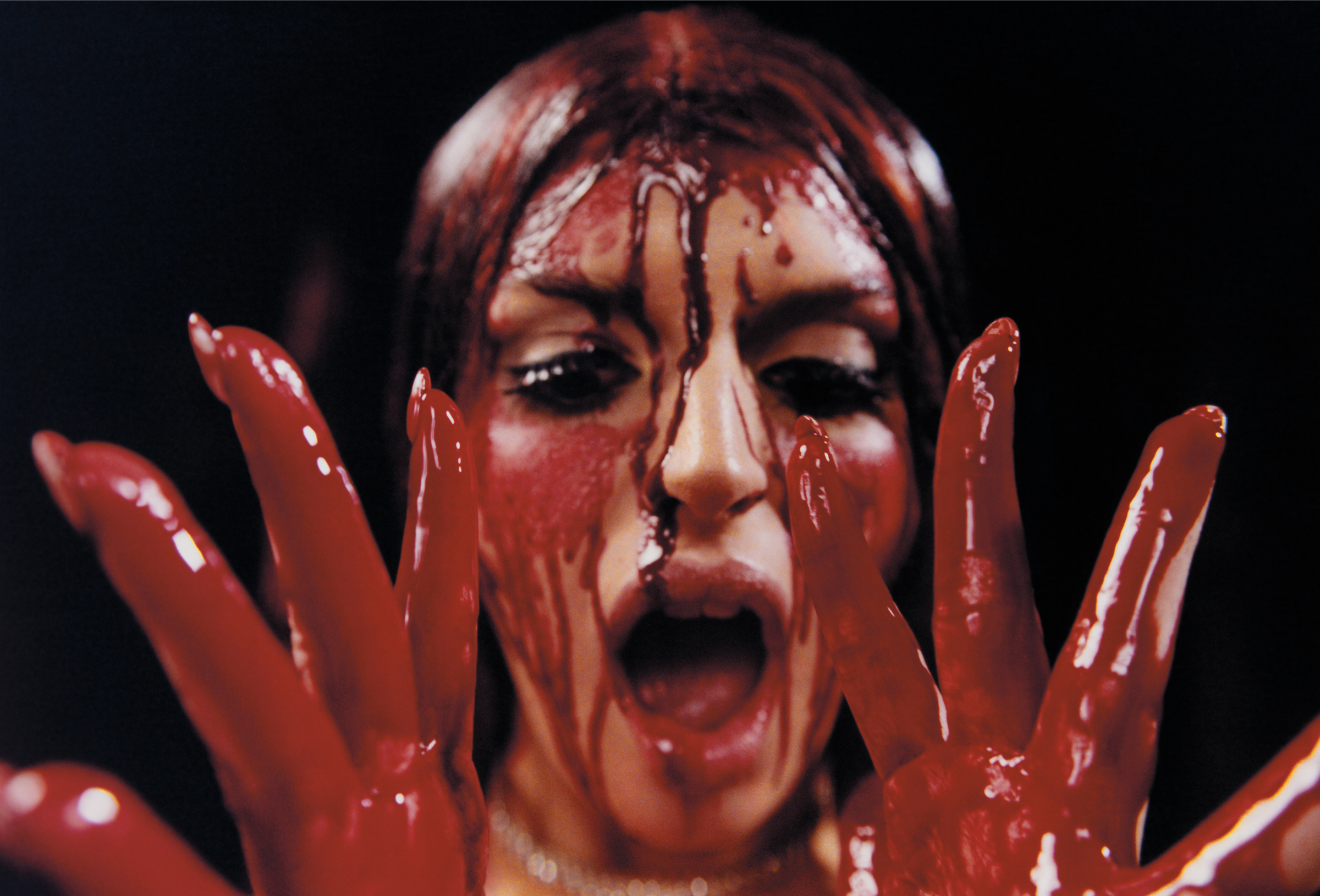On growing up with — and growing out of — “Friday”
Published in Nuda:Ego
On September 16, 2011, a video was uploaded to YouTube of a thirteen-year-old girl singing an autotuned song about her favorite day of the week. Nearly overnight, Rebecca Black became an internet sensation. The video features a teen in dark eyeliner extolling the virtues of Friday as she goes through the motions of an imagined high school day, driving around with her friends, and in the immortal words of Ms. Black, “partying partying yeah!”
The video roused the internet trolls out of their caves and “Friday” was ruthlessly dragged for its banal lyrics and overwrought visuals. It wasn’t catchy per se, but you also couldn’t look away. Love or hate it, there was a magnetism to the song to the extent that ten years later it’s still an iconic reference in pop culture with over 155 million hits on YouTube.
When something goes viral, it begins to feel like it belongs to the public. Rarely do we think about how it impacts the people involved in its creation. Especially at such a young age, exposure to the attention and cruelty of the internet delivers a blunt trauma to the ego. Being in the spotlight changes how people see you — and how you see yourself. Black, who always dreamt of being a performer, learned this lesson early on with “Friday,” emerging miraculously from the experience with a renewed ambition to pursue music. Today Black is based in Los Angeles and “living the career that I never even thought that I’d be able to have when I was a kid,” she said.
As the world becomes faster and more connected, and content is easier than ever to create and share publicly, Black reminds us that trends change, perceptions change, and people change — and it’s all okay. ”I’ve gone through the full emotional scale of how I felt about [the song], and now I really just see myself at 13 doing something fun that I loved and that was it,” she said. “I love the whole thing that’s going around right now that’s like, ‘don’t kill the cringey part of yourself, kill the part that cringes.’ So I’m trying to live by that.” I spoke with Black about her love of music, navigating social media, and the importance of defining yourself on your own terms.
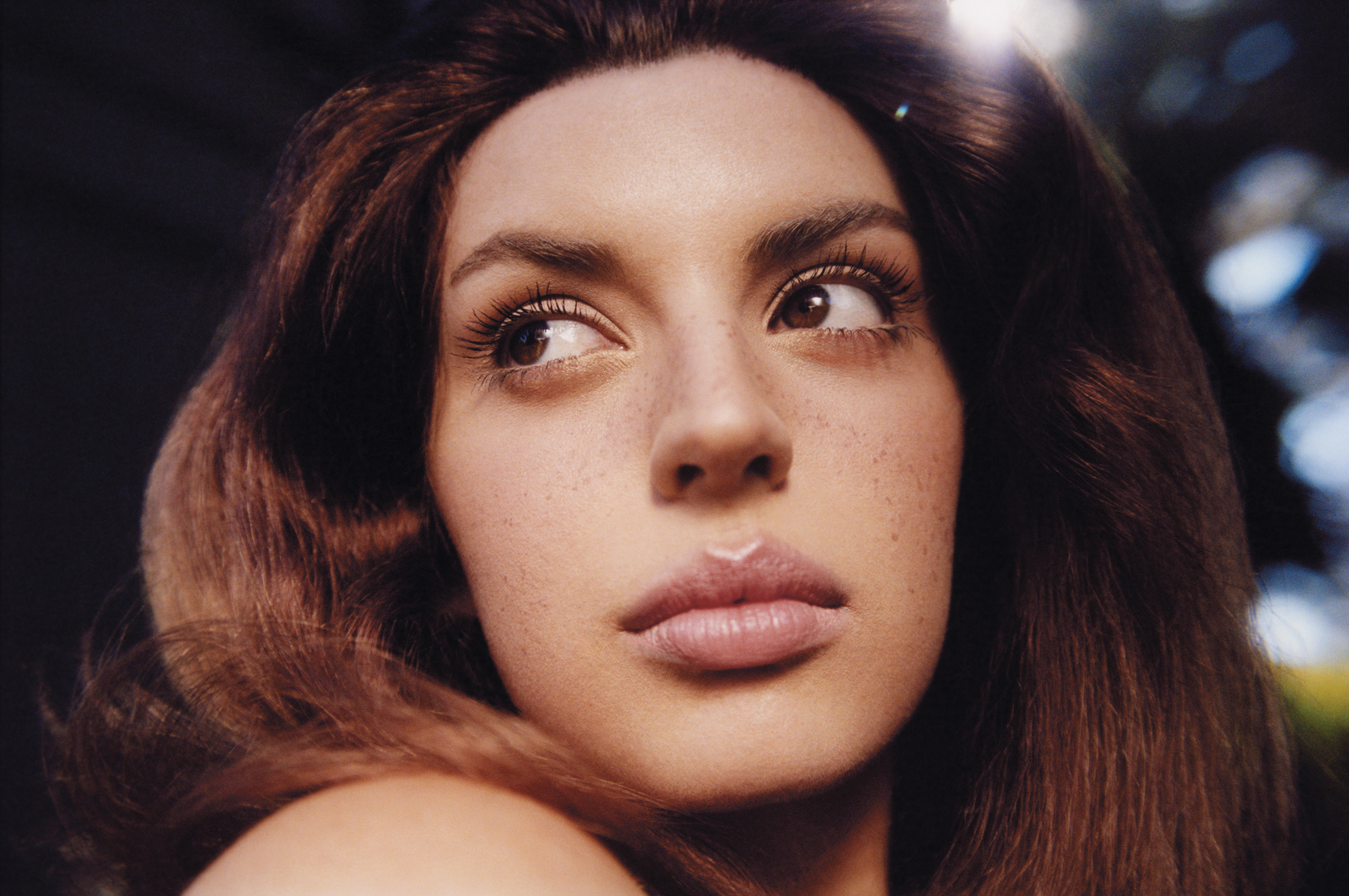
K: I haven’t really dug into your music since I was in middle or high school, so it’s been a fun little blast from the past to get back into it. You obviously went viral at a very early age. How did you process that at the time?
R: I was always the kind of person who knew what I wanted to do. I was really drawn to performing and being able to create something that would be entertaining to people. When Friday happened, it was completely unexpected. It was supposed to just be another tick on my resume and then it turned into this much larger thing, and so all of my plans for myself had to be warped and I had to readjust what I thought my life would be. I think that was its own hurdle to overcome. [There were also] all the other things that come with getting such a large amount of attention as a child, which is like endless amounts of opinions on who people think you are and what they think you should do, whether it’s from strangers or from people that you work with or your family. It was just a lot, and I had no idea how to navigate that.

While I was experiencing it, I really didn’t have any tools or guidance other than the support that my parents could give me, and none of us come from the industry at all, so there was no real direction. At the time, I think the only way that I could really understand how to process it was like, “well, I’m not going to let anybody know that I’m hurting or that I’m suffering.” I couldn’t even face that myself. All I did was compartmentalize everything that I was feeling and just try to push forward. I wouldn’t have been able to even tell you that at the time because I didn’t know until all of the sudden I started opening the door a lot later to my emotional repression and was flooded by all these feelings.
I had a lot of unlearning to do after the Friday situation in terms of how I perceived myself.
K: Now that you’re looking back on the whole experience, are you like “yeah, that was a really defining moment,” or are you like, “that was a million years ago, and everyone else won’t let it go”?
R: I feel like kind of both, if that makes sense. It was definitely formative in terms of like, it was a life altering thing for me personally. And as a kid, those moments do stick with you forever. I had a lot of unlearning to do after the Friday situation in terms of how I perceived myself. In terms of my career, it just happened, so I felt like I was always kind of trying to keep up afterwards. And it does also feel like a million years ago…
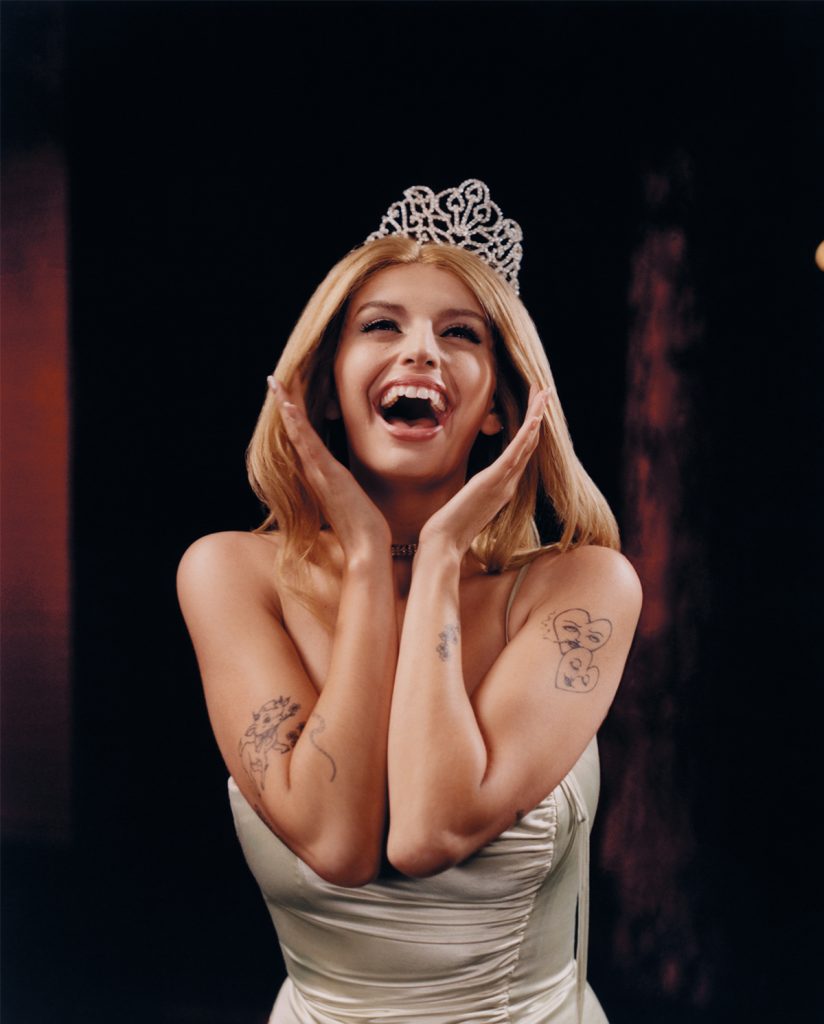
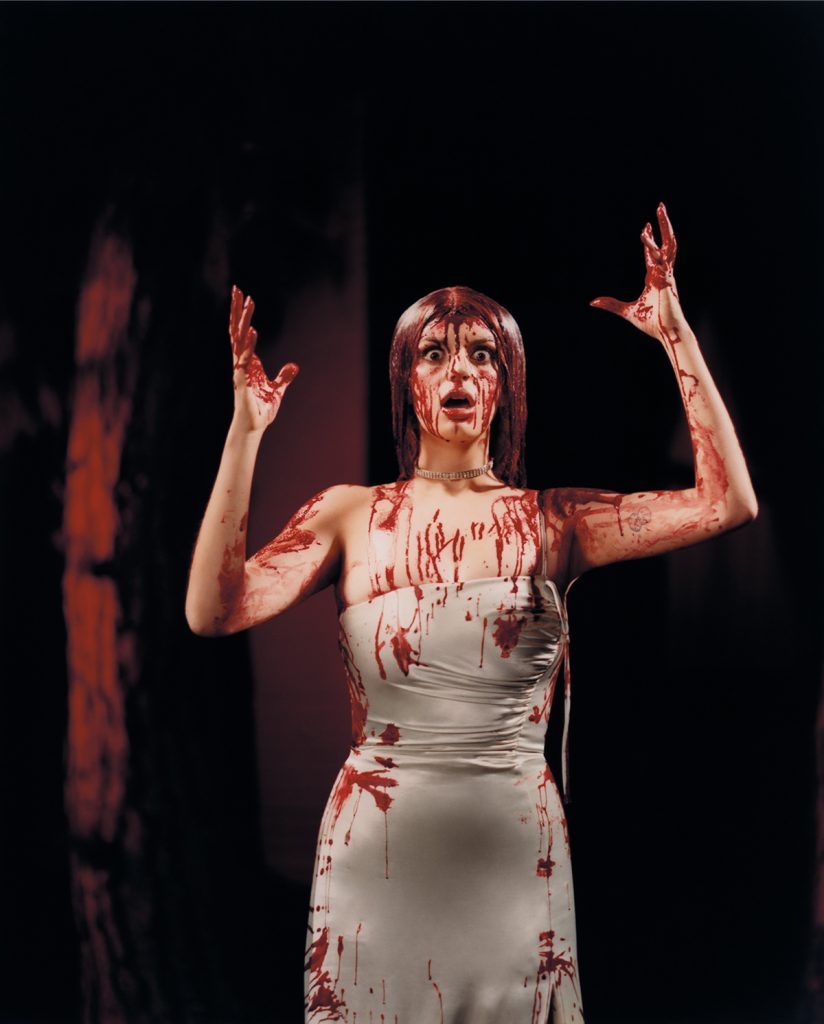
K: You mentioned having to adjust to how other people saw you. Especially with younger people being brought up on social media, there’s this process of understanding yourself by looking at yourself through other people’s eyes. How do you think this awareness of other people’s perceptions of you impacts how you view yourself?
R: I think it’ll be really interesting to see [what happens with] this current generation that has grown up with only and always social media. I have a six-year-old sister who is on YouTube all the time. I was pretty young when I discovered YouTube as well, but now it’s a totally different scenario. Without social media, you get to see people and then you go home and you’re truly by yourself. But when you have social media, you are never really just in your own environment, you are always comparing your situation to what other people are doing. And that obviously is completely disruptive to the way that we think about our lives and ourselves.
While for some people [social media] can be very motivational and inspirational, it can also make you incredibly insecure about things that don’t even make sense to be insecure about. And I wonder if now we’re getting a little bit more used to this constant FOMO and if we’re just learning how to cope better with it, or if it is really affecting the satisfaction that we get to have with life. I feel like a lot of people are not really satisfied with life or themselves and incorporating [social media] into your life as a child will only solidify that that is what reality is, and not the other way around. I guess I feel like I’m just watching with everybody else.
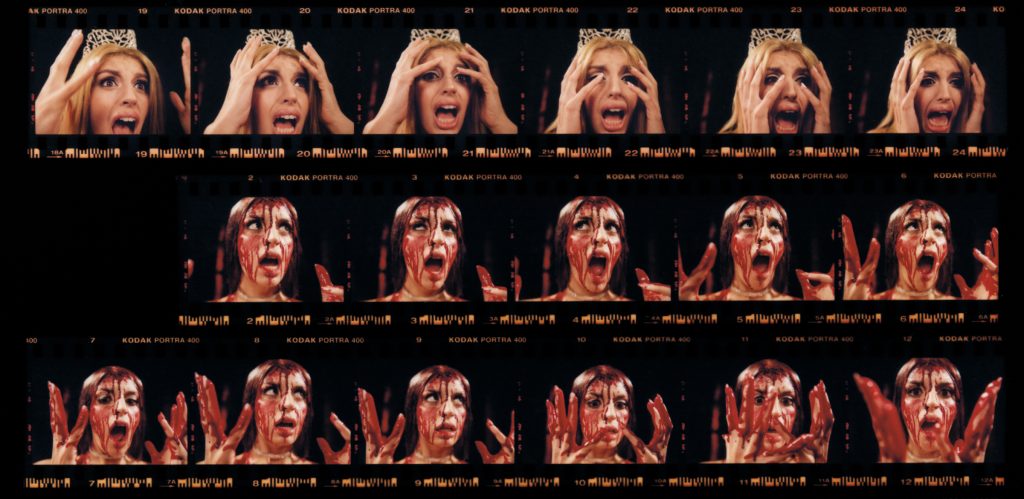
K: How were you able to establish your own identity after becoming famous at a young age? I’m thinking about young stars like Miley Cyrus who had to actively distance themselves from their childhood personas. Is this something you experienced, or was it easy for you to break out of your younger self?
R: It’s definitely harder to comfortably evolve when at the time you became known, you were still too fragile to not be so badly shaken by others’ ideas of you. It took years of really intense work on myself to unpack the amount of value I put into other people’s ideas of me.
K: What helped you start to define yourself?
R: think a big part of it was definitely being able to work with professionals to really get in there and help me understand why I have such a hard time defining myself and my own thoughts and that’s through therapy and through unpacking the things that you went through in your earliest, earliest days. Another huge part of it — not to make light of what we’ve all been through — but the amount of alone time that I’ve been able to have [during the pandemic] has really allowed me to cut out the peanut gallery; When I started to sit in my house all day, I was like, maybe I want to do this, or maybe I want to change my hair. I started actually acting on [those things], and feeling more like myself for the first time in my life. [That is] one of the most beautiful parts about teenagehood and [childhood], but I definitely didn’t have that for a while. So I’m making up for it now, which is why my hair is a different color every single week.
I practically broke up with my first boyfriend for the idea of one day being with Justin Bieber.
K: How has your taste in music evolved since you were 13?
R: That time (2010-11) was what I think people will look back at as one of the most iconic peaks of pop music — “Teenage Dream” by Katy Perry, Gaga, Beyoncé, Kesha, etc. — and I loved it. I practically broke up with my first boyfriend for the idea of one day being with Justin Bieber. Absolutely thriving in my tween life, lol. I was always fascinated by big, fantastical universes that pop artists at that time created and I don’t think that’s ever left me. It was a little later on in high school that I started gravitating towards darker, more abstract genres and artists because that was really what was there for me most when I was alone after the comedown of “Friday.” Artists like James Blake and Childish Gambino became so treasured to me at the time. Nowadays the majority of what I listen to is an absolute clusterfuck of feelings and sounds, and that’s just what feels right for right now.
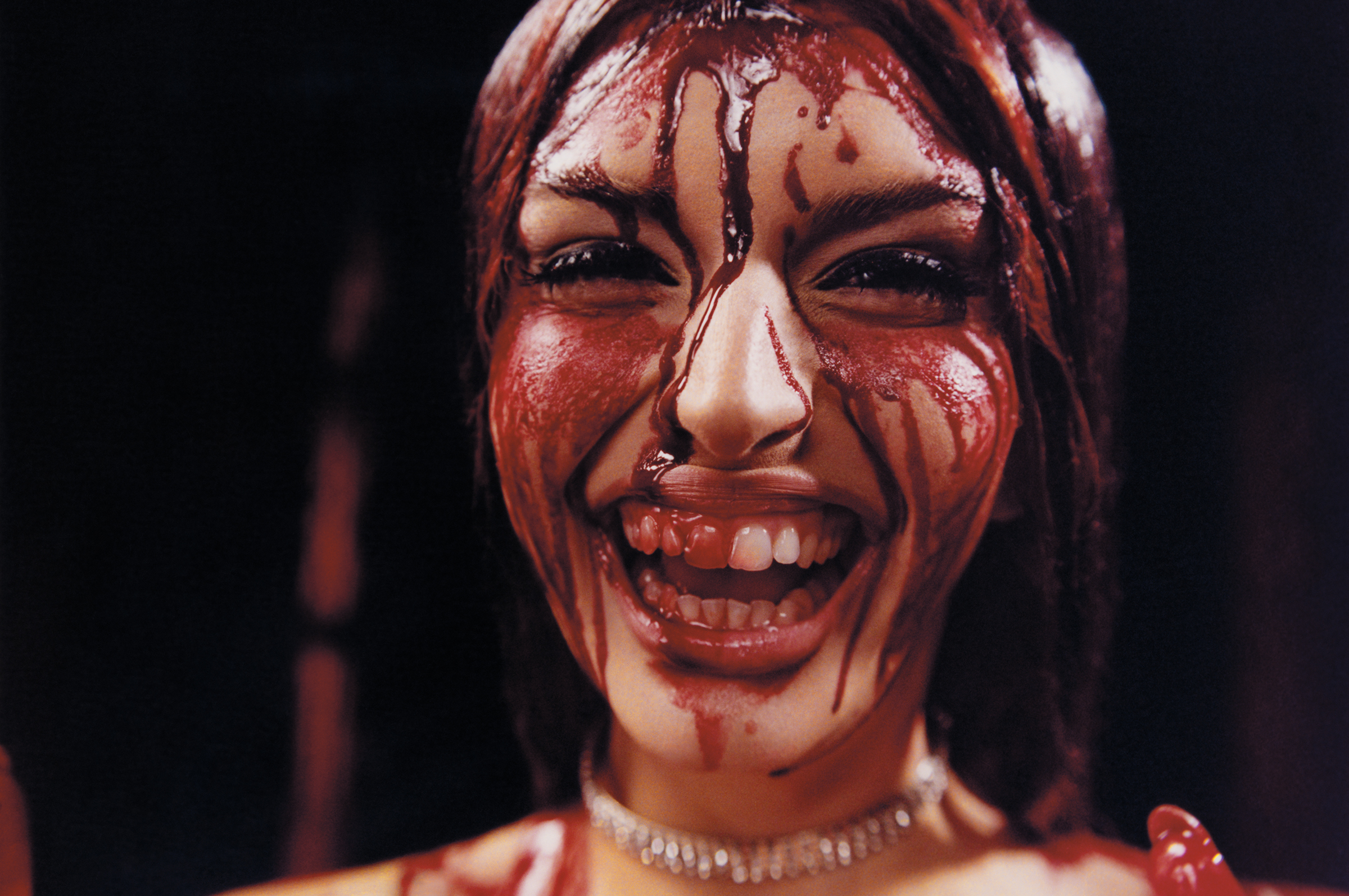
K: Who are your artistic idols?
R: Madonna, Prince, Mitski, Cher, Gaga, Katy, Bowie. So many incredible creative minds who I feel have persevered as unafraid and committed to their own personal missions in music, in culture, etc.
K: Do you have a favorite viral moment or meme from the past decade?
R: Probably just like everything Lil Nas X has done.
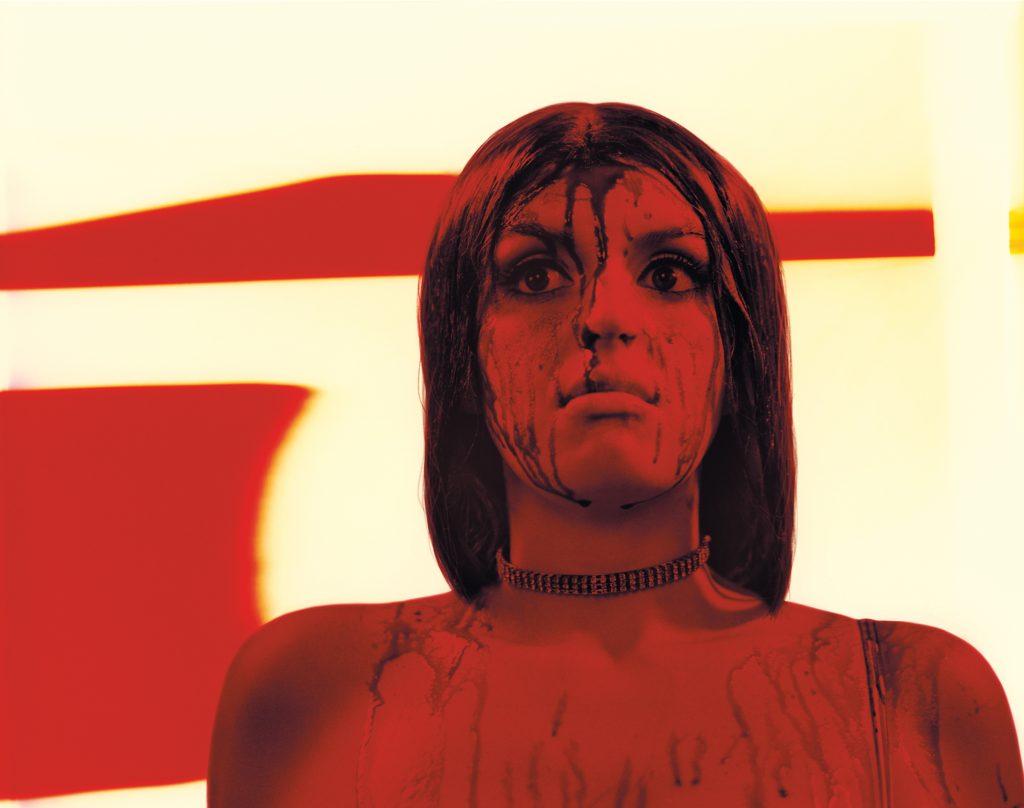
K: You had a fairly abrupt and challenging entry into the public sphere and I think it’s really interesting and admirable that you continued to pursue your art after that experience. What kept you on that path?
R: I always knew what I wanted to do, and while “Friday” and what it turned into was never what I intended it to be, the end goal was always, I want to do what I love and I want to perform, and I want to do this forever, whatever that looks like. At the time, when I was younger, I thought I was going to end up in New York and on Broadway hopefully in my best case scenario. I guess I never really asked myself after “Friday,” what now? I just kind of kept [going]. I can only explain it in that way of like, my parents knew that they wanted to be veterinarians when they were kids, and so they became veterinarians. They did whatever they needed to do to fulfill that dream for themselves. I definitely have felt the fear of like, if people notice what I’m doing again, what will they say? But as I’ve grown up, I’ve tried to understand that just because something happens one way the first time doesn’t mean it’s going to happen that way [again].
K: When you decided to pursue music as a career, did you consider using a stage name and leaving “Rebecca Black” in the past?
R: At one point it’d been something I’d considered, but it just never really went anywhere. Looking back, I think keeping my name was a good thing because it forced me to become okay with who I was and not to run away or hide from it.
I think all of us, whether we go viral or not, could do with being a lot more kind to ourselves, especially our younger or past selves.
K: Would you do anything differently?
R: I don’t know, I don’t know! I wish I hadn’t hated myself so much for what I did. I think especially as kids and maybe even throughout our whole lives, we think, “well, here I am, I have found the worst case scenario and everything is done,” and that’s just not the case. And that’s completely missing the point of life. I think all of us, whether we go viral or not, could do with being a lot more kind to ourselves, especially our younger or past selves. I think that it really is what we make of it, and it can feel, when something like that happens, especially when you don’t expect it, like life is out of control, but that is not the case. And you always have the opportunity to amend things. You always have the opportunity to take control of your life and you just have to have the consciousness to do that, which is a difficult, difficult thing.
K: You’ve spoken a little bit in the past about how the conversation around “Friday” has changed over the years. Now it’s almost a throwback cultural touchpoint, and it’s turned into something that’s more embraced for its campiness. How do people relate to your work today?
R: It’s been so interesting to see how people have evolved their own opinions of the song over time. I think it’s so cool that for so many people that song has provided the simplest form of joy. When I started getting messages like, “I play this and have played this for years in my work or between my friends in our group chat,” or whatever it might be, that is sweet. It definitely is cool to see something reach that many people, because as many views as that video might have, or as much of a thing as I guess it’s become, when it’s happening to you, I think you don’t really ever understand how far reaching it might actually be. And as somebody who is a fan of pop culture myself, and as a kid of the internet who has grown up with so many internet moments, it’s definitely not all the time that you get to say that you have some moment of that. So I’m glad that now it’s something that can really be a little joyous thing.
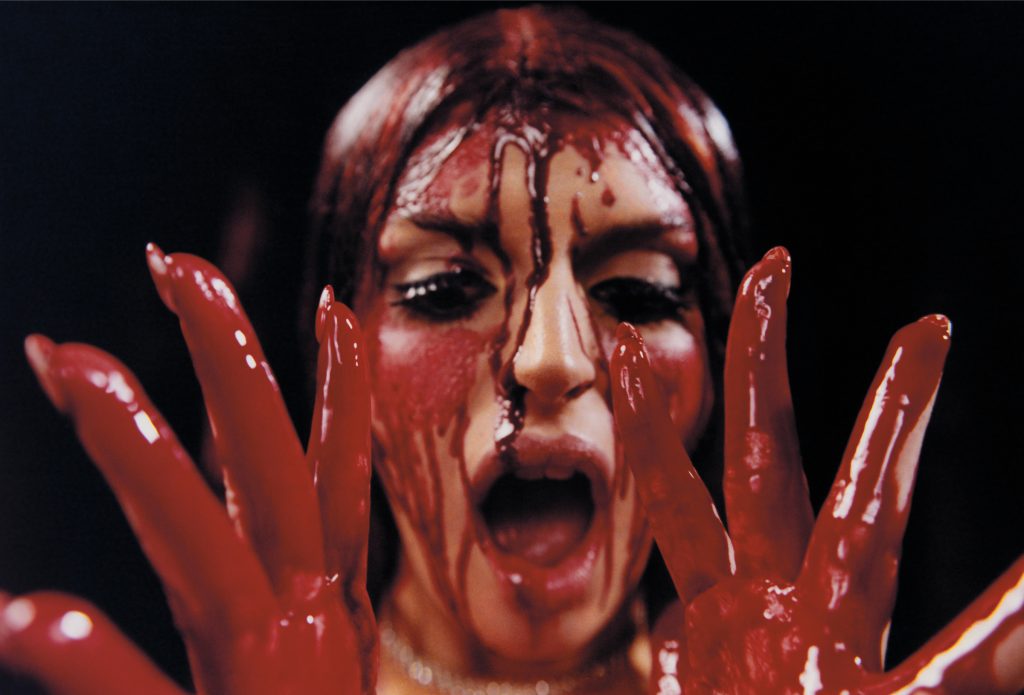
K: Are you just like, “I am done talking about this, I have been talking about this for a decade, please stop asking me about it,” or are you like, “no, this is a big part of who I am and I’m excited about it”?
R: I mean, it’s what I choose to make of it. And yeah, I have some moments where some people will ask me questions, usually when people are being mean about it or trying to be smart about the way that they talk to me, that’s never fun, and that doesn’t really happen that often. But as much as it is something that I’ve talked about a lot, I would be lying to myself if it wasn’t something that allowed me to be in the space that I am now. And I understand that that story and where I’m at now has maybe helped some people along the way, so whatever I can share I’m okay with.
| Photography | Lindsay Ellary |
| Interview | Kate Silzer |
| Makeup | Nick Lennon |
| Hair | Gregg Lennon |

